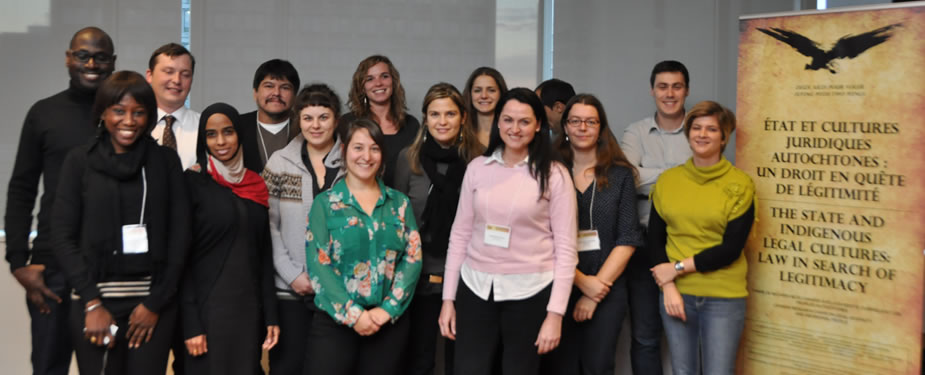

The conference ''The recording of customary/Indigenous law in South Africa, Canada and New Caledonia'' will be hosted by the DST / NRF Chair in Customary Law, Indigenous Values and Human Rights.
On the 2nd and 3rd of May 2018, a selected group of international, national and indigenous community experts and researchers on indigenous law will gather at the University of Cape Town in Cape Town, South Africa for this event.
This conference will enable the collaboration between researchers. It will also help guide the empirical study on customary/indigenous law. Thus, new methodologies for recording/ascertaining indigenous law will be discussed and analyzed.
Jérôme Bouquet-Elkaïm, Christian Coocoo, Val Napoleon and Manu Tamo, members of the Legitimus project, were invited to give a presentation on their research in indigenous law.
Maître Jérôme Bouquet-Elkaïm's talk is entitled: ''How the Charter of Kanak's people was written ''. Maître Bouquet-Elkaïm is a lawyer who specializes in environmental law. He also holds a doctorate in international public law. Furthermore, he is a lecturer in environmental law and human rights for the Master 2 program in corporate social and environmental responsibility at the University of Upper Alsace.
Christian Coocoo's talk will be on ''Atikamekw's code of practice’’. Mr. Coocoo is an Atikamekw researcher and coordinator at the Cultural services for the Council of the Atikamekw Nation
Val Napoleon's presentation is entitled « Did I break it? » Ms. Napoleon was appointed the Law Foundation Professor of Aboriginal Justice and Governance at the Faculty of Law, University of Victoria on January 1, 2012. She is from Northeast British Columbia (Treaty 8) and a member of Saulteau First Nation. She is also an adopted member of the Gitanyow (Gitksan) House of Luuxhon, Ganada Clan (Frog). Her research focuses on indigenous legal traditions, indigenous legal theory, indigenous feminism, citizenship, self-determination, and governance.
As the new administrative manager for the Customary Senate of New Caledonia, Manu Tamo will also be presenting a talk.
This event will have a significant impact on research in indigenous law. It will allow experts and researchers to evaluate challenges relating to the ascertainment of indigenous law in Africa with special reference to the recording of the indigenous law of indigenous communities in South Africa, Canada and New Caledonia.
We would like to thank the Social Sciences and Humanities Research Council who made possible the translation of the conference and the participation of the speakers.
